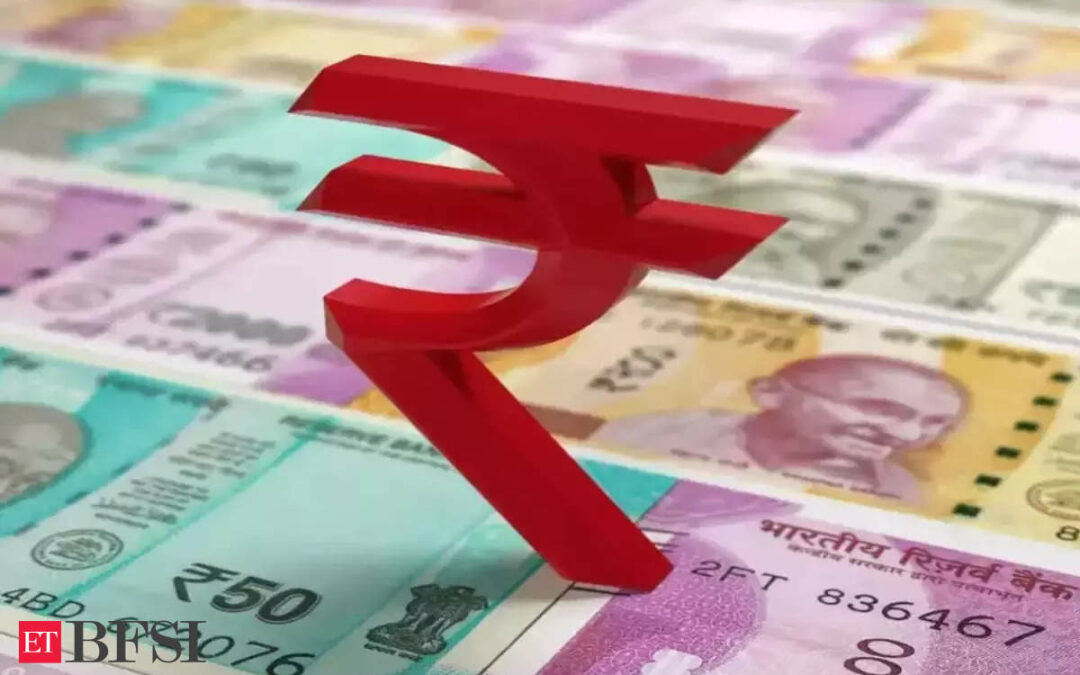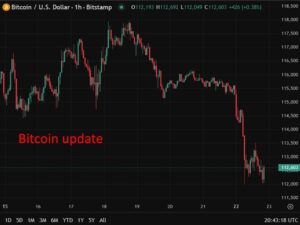The Reserve Bank of India has asked some large banks to not add to their existing positions against the rupee in a bid to support the currency which has fallen to all-time lows for three straight days, four bankers told Reuters.
Officials from the RBI’s financial markets regulation and operations department rang big banks on Tuesday, when the currency was at risk of breaching the 84/$ level in the spot market, the bankers, who declined to be identified since they are not authorised to speak to the media, said.
The RBI did not immediately respond to a mail requesting comment. Reuters could not ascertain the full list of banks the RBI called.
The Indian rupee turned into the worst-performing Asian currency over the last month, pressured by the unwinding of trades that used the Chinese yuan to fund long bets on the local currency.
To slow the depreciation, the RBI has intervened across the spot, futures and non -deliverable forwards segments.
On Tuesday, RBI officials asked us to “consider the existing position size the risk limit,” a senior treasury official at a large foreign bank said.
This meant that the RBI did not want them to add to their existing trading positions on the rupee, he said.
The Indian central bank often uses such informal calls to prod banks to manage excessive volatility. Lenders typically comply.
The rupee on Tuesday dropped to a lifetime low of 83.96 to the U.S. dollar, and would have likely depreciated more if not for RBI’s instructions and direct intervention.
The central bank likely sold about $1.5 billion in the non-deliverable forward market before the spot market opened, a currency trader at a bank said. This intervention prevented the rupee from falling past the psychological 84 level.
The RBI has asked banks “to not aggressively bid (on USD/INR) for speculative positions,” another senior banker at a foreign bank said.
The bankers said the central bank had not asked them to trim their existing positions, nor they had issued specific instructions regarding positions in the non-deliverable forwards market.
(Reporting by Jaspreet Kalra, Nimesh Vora; Editing by Nivedita Bhattacharjee)










